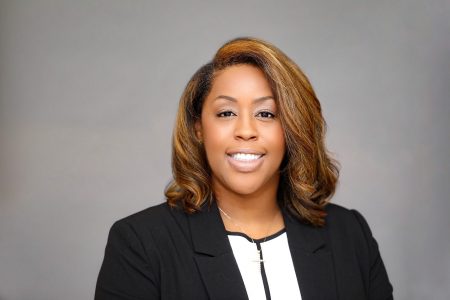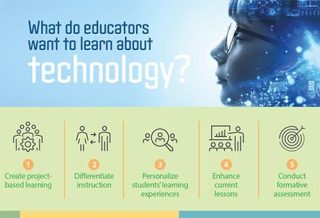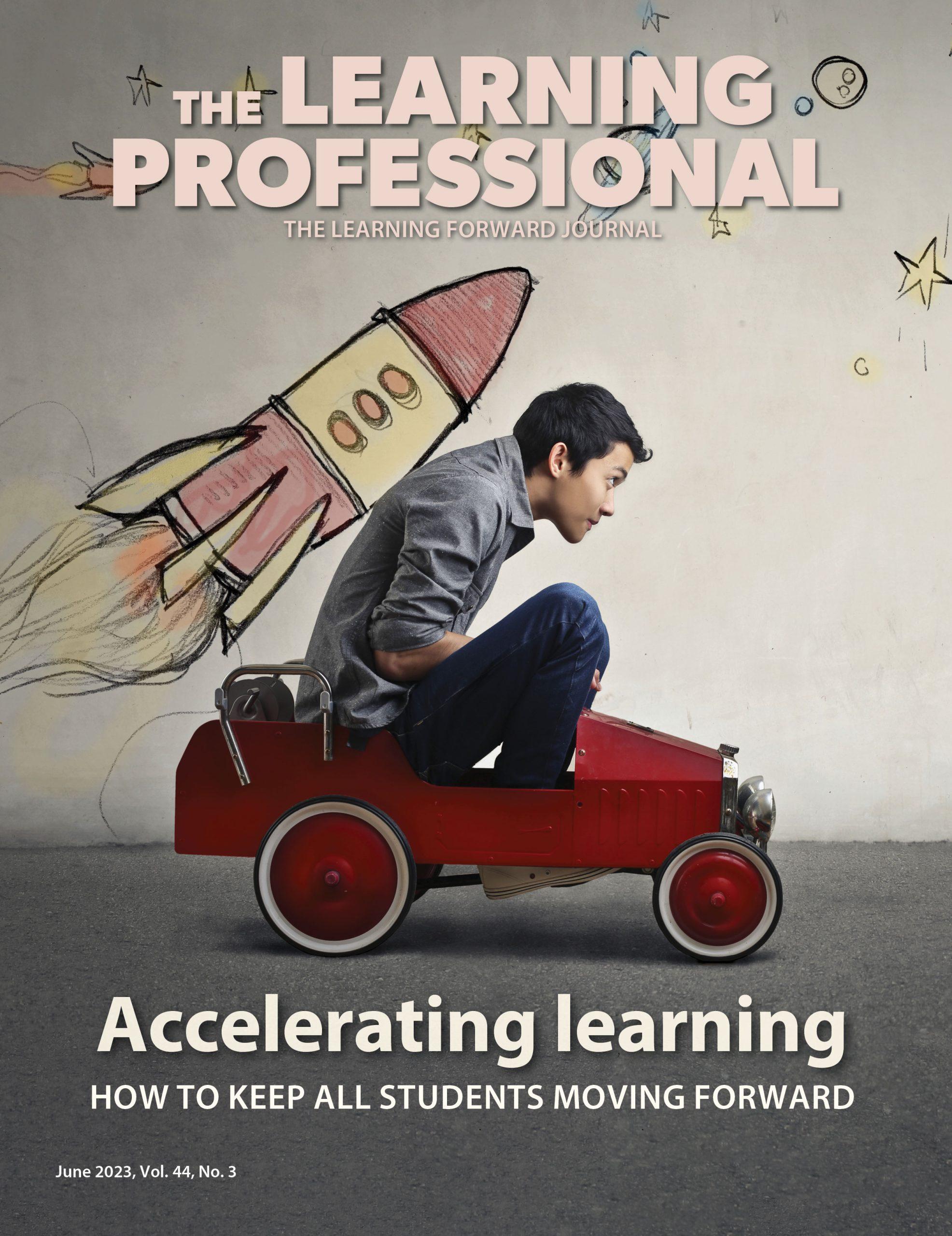FOCUS
4 practices for leaders to build equity
By Kiffany Pride
Categories: Change management, Data, Equity, Leadership, Outcomes, System leadershipJune 2021
Read the remaining content with membership access. Join or log in below to continue.
Sed ut perspiciatis unde omnis iste natus error sit voluptatem accusantium doloremque laudantium, totam rem aperiam, eaque ipsa quae ab illo inventore veritatis et quasi architecto beatae vitae dicta sunt explicabo. Nemo enim ipsam voluptatem quia voluptas sit aspernatur aut odit aut fugit, sed quia consequuntur magni dolores eos qui ratione voluptatem sequi nesciunt. Neque porro quisquam est, qui dolorem ipsum quia dolor sit amet, consectetur, adipisci velit, sed quia non numquam eius modi tempora incidunt ut labore et dolore magnam aliquam quaerat voluptatem.
In Arkansas, the unknown impact of COVID-19 on student learning created a heightened sense of urgency to confront inequities. Over the last year, the state department of education has engaged in four essential practices for building equity.
References
Chief Council of State School Officers. (2020). Why inclusive principal leadership matters. ccssoinclusiveprincipalsguide.org/why-inclusive-leadership/
DuFour, R. & Marzano, R.J. (2011). Leaders of learning: How district, school, and classroom leaders improve student achievement. Solution Tree Press.
Kuhfeld, M., Tarasawa, B., Johnson, A., Ruzek, E., & Lewis, K. (2020). Learning during COVID-19: Initial findings on students’ reading and math achievement and growth. NWEA Brief, 1-10. doi.org/NWEA.org
McGuinn, P. (2015). Schooling the state: ESEA and the evolution of the U.S. Department of Education. RSF: The Russell Sage Foundation Journal of the Social Sciences, 1(3), 77. doi.org/10.7758/rsf.2015.1.3.04
McLeskey, J. (2019). High leverage practices for inclusive classrooms. Routledge.
National Center for Education Statistics. (2020, November). Achievement gaps. nces.ed.gov/nationsreportcard/studies/gaps/
Noguera, P.A. (2001). Racial politics and the elusive quest for excellence and equity in education. Education and Urban Society, 34(1), 18-41. doi.org/10.1177/0013124501341003
Peurach, D.J., Cohen, D.K., Yurkofsky, M.M., & Spillane, J.P. (2019). From mass schooling to education systems: Changing patterns in the organization and management of instruction. Review of Research in Education, 43(1), 32-67. doi.org/10.3102/0091732×18821131

Kiffany Pride (kiffany.pride@ade.arkansas.gov) is assistant commissioner of learning services in the Arkansas Department of Education.
Categories: Change management, Data, Equity, Leadership, Outcomes, System leadership
Recent Issues
TAKING THE NEXT STEP
December 2023
Professional learning can open up new roles and challenges and help...
REACHING ALL LEARNERS
October 2023
Both special education and general education teachers need support to help...
THE TIME DILEMMA
August 2023
Prioritizing professional learning time is an investment in educators and...
ACCELERATING LEARNING
June 2023
Acceleration aims to ensure all students overcome learning gaps to do...











